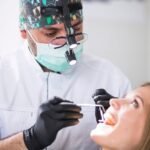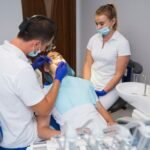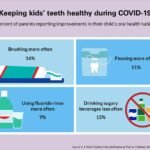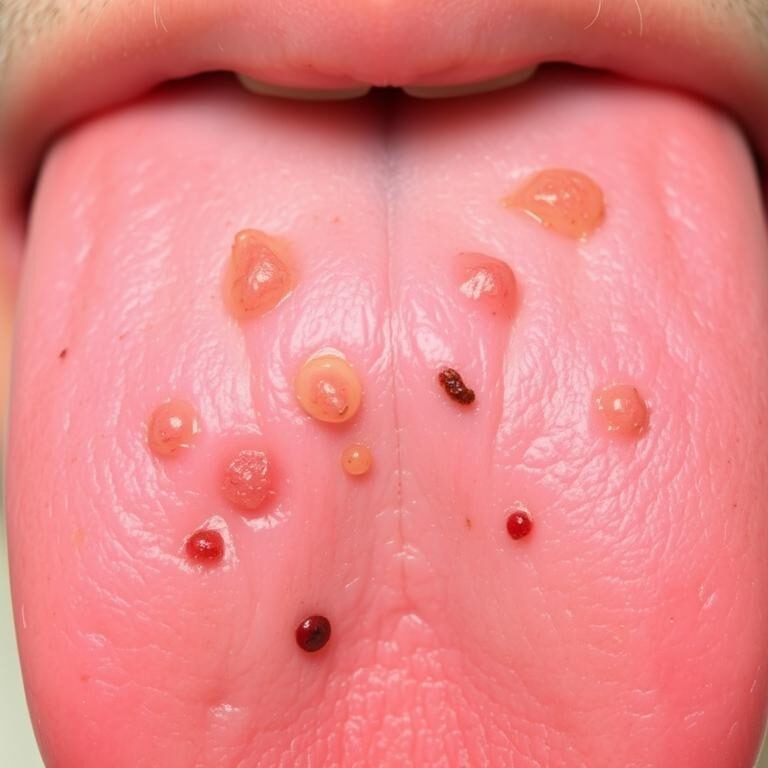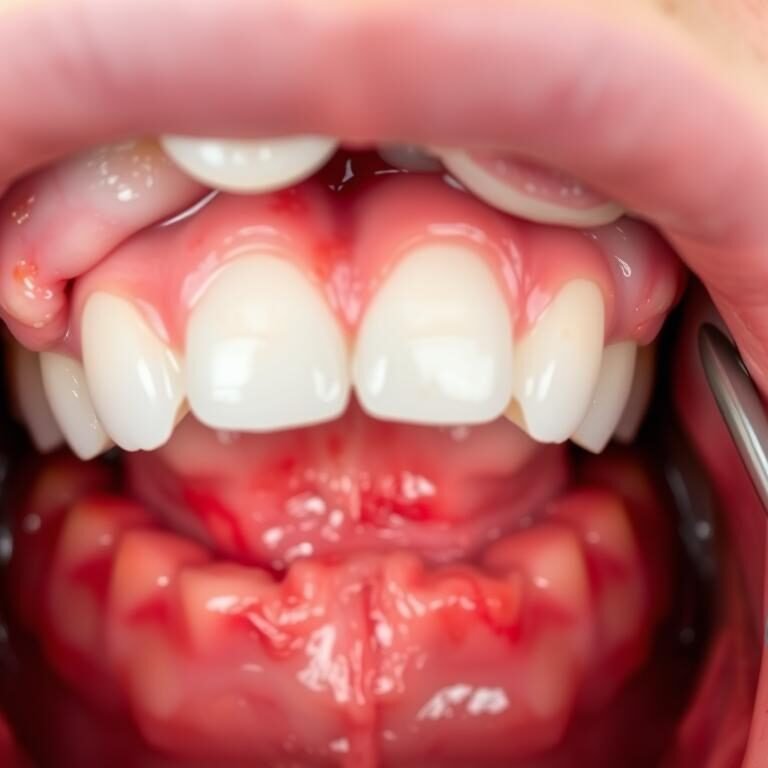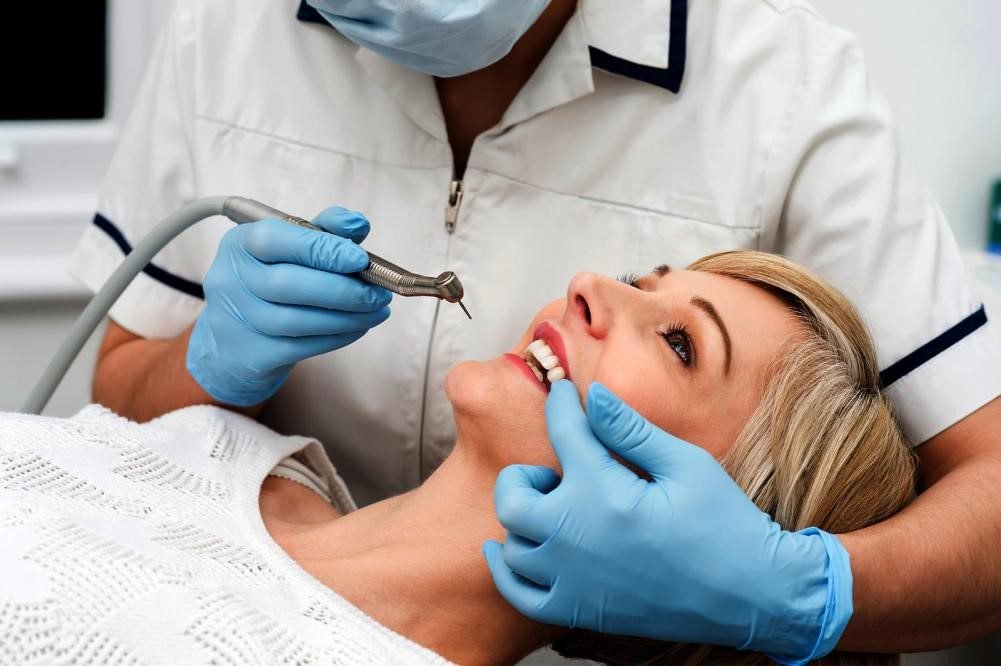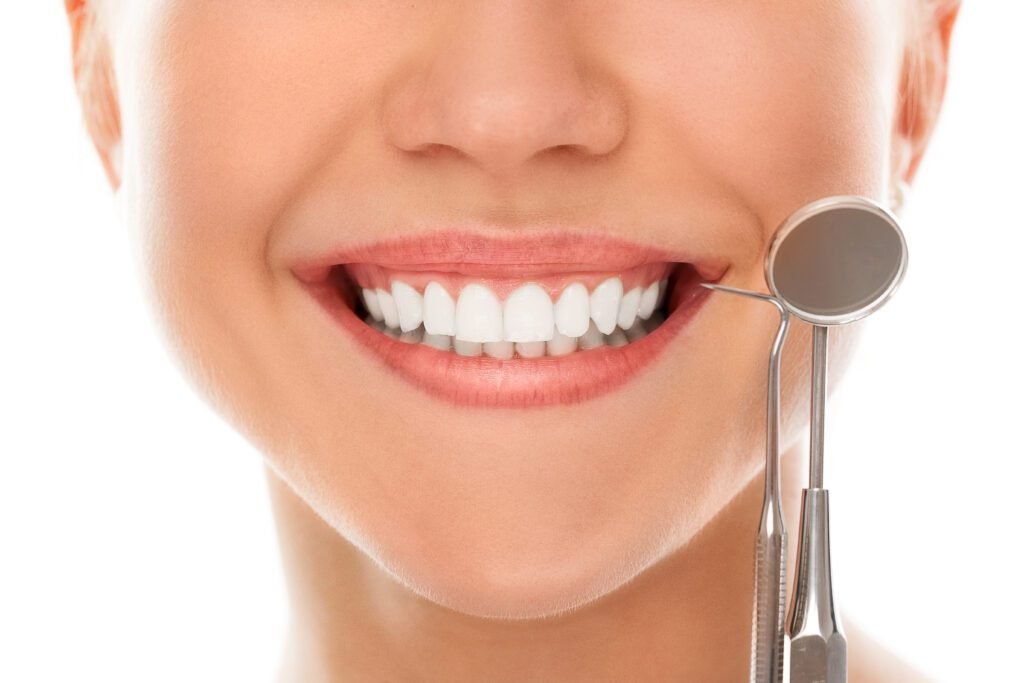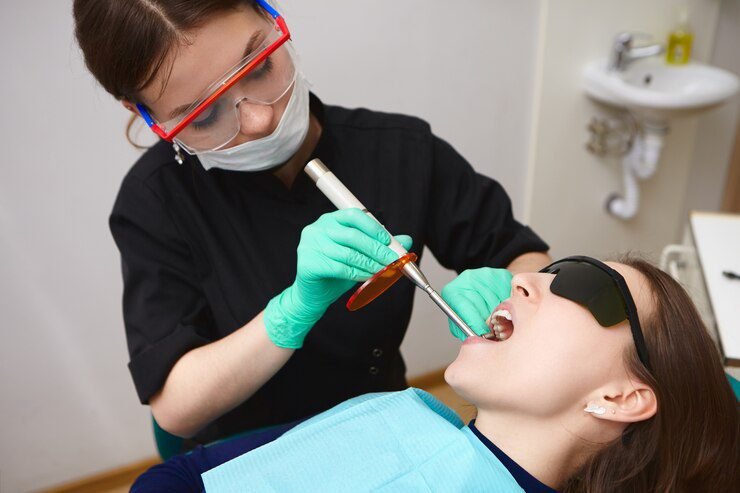Table of Contents
Understanding the Importance of Dental Health

Maintaining good oral health is crucial for overall well-being. Dental health goes beyond having a bright smile and fresh breath. It encompasses the health and hygiene of the entire mouth, including teeth, gums, and tongue. Neglecting dental health can lead to a range of problems, from tooth decay and gum disease to more serious illnesses like heart disease and diabetes.
Numerous studies have linked poor oral health to various systemic conditions. The mouth acts as a gateway to the rest of the body, allowing bacteria and other harmful substances to enter the bloodstream. This can lead to inflammation and increase the risk of chronic diseases. Additionally, poor dental health can affect one’s quality of life, causing pain, difficulty in eating, and problems with speech. Understanding the importance of dental health is the first step towards achieving overall health and well-being. By prioritizing regular dental check-ups, maintaining good oral hygiene practices, and following a nutritious diet, you can significantly reduce the risk of dental problems and the associated health complications.
Researching Dental Clinics in Your Area
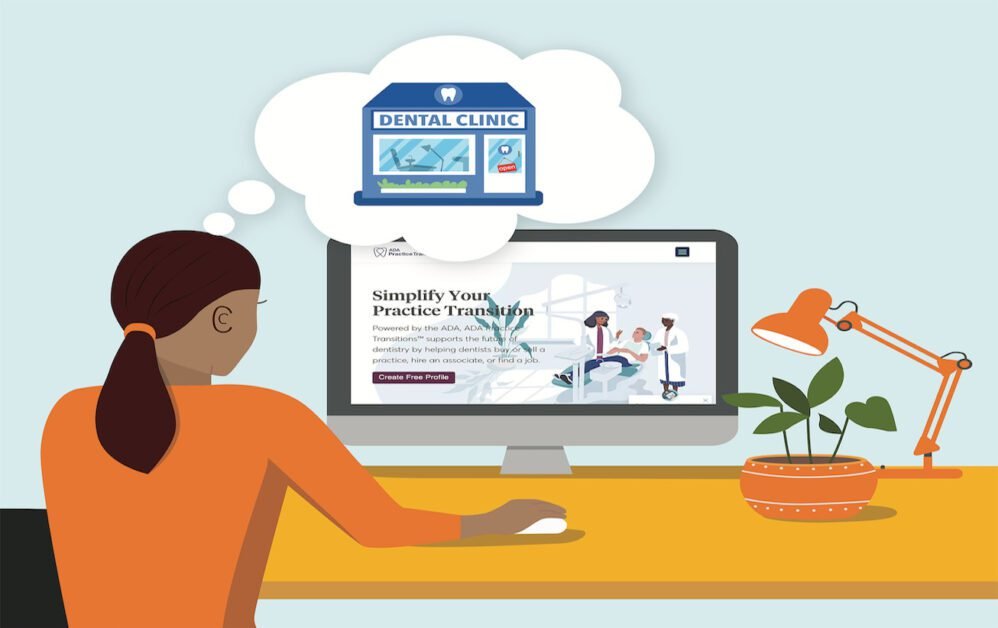
When it comes to your dental health, finding the right clinic in your area is crucial. There are several factors to consider when researching dental clinics to ensure you receive the best possible care. One important aspect to look into is the qualifications and experience of the dental professionals at the clinic. It is advisable to check if the dentists and dental staff are licensed and have the necessary certifications. You can also inquire about their experience and specializations, particularly if you require specialized treatments or have specific dental concerns.
In addition to qualifications, it is important to consider the reputation and patient reviews of dental clinics in your area. You can look for testimonials or reviews online to get an idea of the quality of care and services provided by the clinic. Positive reviews and recommendations from friends, family, or colleagues can help you gauge the reliability and expertise of the dental clinic. Conversely, negative reviews or complaints should be taken into consideration and further investigated. Conducting thorough research and gathering as much information as possible will help you make an informed decision when selecting a dental clinic in your area.
Assessing the Safety Measures Implemented by Dental Clinics
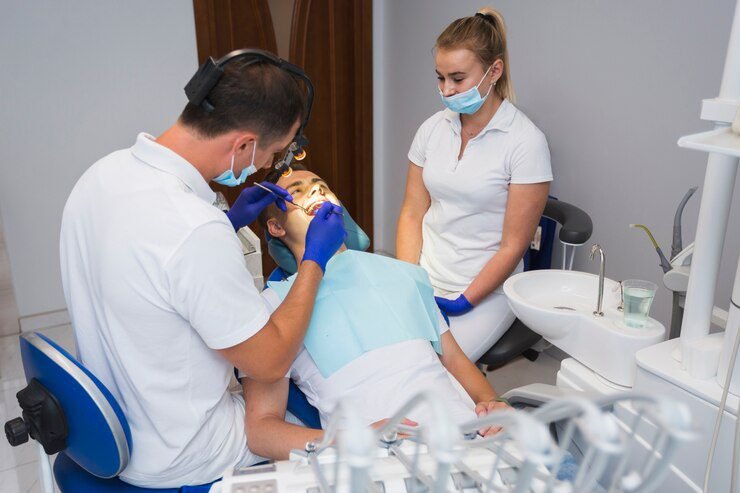
Assessing the safety measures implemented by dental clinics is crucial in ensuring a safe and healthy environment for both patients and staff. With the ongoing COVID-19 pandemic, it has become even more imperative to prioritize safety in dental practices. Dental clinics should adhere to strict guidelines and protocols recommended by health authorities to minimize the risk of transmission.
One of the key safety measures that dental clinics should implement is rigorous infection control. This includes regular sanitization of the dental office, disinfection of equipment, and proper sterilization of instruments. Additionally, dental staff should practice proper hand hygiene, wearing personal protective equipment (PPE) such as gloves, masks, and goggles, and following strict infection control protocols during procedures.
Another essential safety measure is maintaining social distancing within the clinic. This may involve spacing out appointment schedules, limiting the number of patients in waiting areas, and ensuring that patients and staff maintain a safe distance from each other. Implementing measures like physical barriers, such as transparent screens, can also help reduce the risk of transmission.
Furthermore, dental clinics should have proper ventilation systems in place to improve air quality and circulation within the facility. Adequate ventilation helps in reducing the concentration of potential airborne pathogens and enhances overall safety.
When assessing the safety measures implemented by dental clinics, it is important to look for evidence of proper infection control practices, social distancing measures, and ventilation protocols. Patients should feel confident in the clinic’s commitment to their safety and well-being. By prioritizing safety and following recommended guidelines, dental clinics can provide a secure environment for everyone involved.
Scheduling an Appointment with Your Dentist
Scheduling an appointment with your dentist is an essential step in maintaining good oral health. Regular dental check-ups allow your dentist to assess the overall health of your teeth and gums, identify any potential issues early, and provide necessary preventive or corrective treatments. When scheduling an appointment, it’s important to consider a few key factors.
Firstly, ensure that you choose a dental clinic that meets your specific needs. Research different clinics in your area to find one that offers the services you require, whether it’s general dentistry, orthodontics, or specialized treatments. Look for clinics that have a positive reputation and good patient reviews, indicating their professionalism and quality of care.
Once you have selected a clinic, contact them to schedule an appointment. Many clinics offer online or phone booking options for your convenience. Be prepared to provide some basic information, such as your name, contact details, and reason for the appointment. It’s also important to inquire about the availability of your preferred dentist or oral health practitioner and any specific considerations or requirements for your visit.
By prioritizing regular dental visits and being proactive in scheduling appointments, you are taking an important step towards maintaining optimal oral health and preventing more serious dental problems. Remember that preventive care is key, so don’t hesitate to reach out to your dentist to schedule your next visit.
Preparing for Your Dental Visit
When preparing for your dental visit, there are a few steps you can take to ensure a smooth and successful experience. First, it’s important to gather all necessary information and paperwork ahead of time. This may include your dental insurance information, any relevant medical history, and a list of any concerns or questions you have for your dentist. By organizing these documents beforehand, you can save time and ensure that all necessary information is readily available.
Next, it’s crucial to maintain a consistent oral hygiene routine leading up to your visit. This involves brushing your teeth twice a day and flossing daily to keep your mouth clean and healthy. Additionally, consider avoiding any foods or beverages that may stain your teeth or cause bad breath in the days leading up to your appointment. Maintaining good oral health habits will not only contribute to your overall dental well-being but also help your dentist accurately assess your oral health during the visit.
Another important aspect of preparing for your dental visit is managing any dental anxiety or fears you may have. Dental anxiety is a common concern for many people, but there are strategies you can use to help alleviate these feelings. Communicate your concerns with your dentist and their staff, as they are trained to provide a calm and understanding environment. Additionally, practicing relaxation techniques such as deep breathing or listening to calming music may help ease any pre-appointment jitters. Remember, open and honest communication with your dental team is key to ensuring a comfortable experience during your visit.
Heading 2: Practicing Good Oral Hygiene at Home
Practicing good oral hygiene at home is essential for maintaining a healthy mouth and preventing dental issues. It is recommended to brush your teeth at least twice a day, using a fluoride toothpaste and a soft-bristle toothbrush. Be sure to brush for two minutes, covering all surfaces of your teeth and paying extra attention to the gumline. Don’t forget to replace your toothbrush every three to four months or sooner if the bristles become frayed.
In addition to brushing, it is important to floss daily to remove plaque and food particles from between your teeth. Dental floss allows you to reach areas that your toothbrush cannot, preventing the buildup of bacteria and reducing the risk of gum disease. When flossing, be gentle and take your time to ensure thorough cleaning. If you find it difficult to use traditional floss, consider using interdental cleaners or water flossers as an alternative. These tools can be highly effective in removing plaque and debris from hard-to-reach areas.
Table summarizes the tips for practicing good oral hygiene at home:
| Tip | Description |
|---|---|
| Brush your teeth twice a day | Brush your teeth for at least two minutes each time, using fluoride toothpaste. This helps remove food and plaque from your teeth, which can cause cavities and gum disease. |
| Floss once a day | Flossing helps remove food particles and plaque from between your teeth and under your gum line, where your toothbrush can’t reach. This helps prevent cavities and gum disease. |
| Drink plenty of water | Drinking water helps wash away food particles and bacteria that can cause bad breath and tooth decay. |
| Eat a healthy diet | Eating a balanced diet that is rich in vitamins and minerals can help keep your teeth and gums healthy. Avoid sugary and acidic foods and drinks, which can erode your tooth enamel and cause cavities. |
| Visit your dentist regularly | Regular dental checkups and cleanings can help detect and prevent oral health problems before they become serious. Your dentist can also provide personalized advice on how to improve your oral hygiene routine. |
Following COVID-19 Guidelines and Protocols
During the ongoing COVID-19 pandemic, it is crucial for dental clinics to strictly adhere to guidelines and protocols set in place by health authorities. These measures are implemented to ensure the safety and well-being of both patients and dental staff. Some common guidelines include frequent handwashing, wearing of personal protective equipment (PPE) such as masks and gloves, and maintaining a sanitized environment.
In addition to these basic precautions, many dental clinics have implemented additional measures to minimize the risk of COVID-19 transmission. These may include scheduling appointments with sufficient gaps to allow for thorough cleaning and disinfection between patients, implementing pre-screening protocols to identify individuals who may be at higher risk, and practicing social distancing in waiting areas. By following these guidelines and protocols, dental clinics can provide a safer environment for patients seeking dental care during these challenging times.
Arriving at the Dental Clinic
Upon arriving at the dental clinic, it is important to follow any specific instructions provided by the clinic beforehand. This may include filling out forms or providing necessary information for registration. Many dental clinics now have digital platforms or online portals where patients can complete their forms prior to their visit, reducing wait times and ensuring a smooth check-in process.
Once inside the clinic, you may be greeted by the receptionist or dental staff who will verify your appointment and guide you through the necessary steps. In light of the ongoing COVID-19 pandemic, dental clinics have implemented additional safety measures to protect the health of both patients and staff. These measures may include temperature checks, mandatory hand sanitization, and the requirement to wear a face mask or other personal protective equipment (PPE). It is essential to comply with these protocols to ensure the safety of everyone present in the clinic.
Communicating with Your Dentist and Dental Staff
When communicating with your dentist and dental staff, it is important to establish a clear and open line of communication. This will ensure that your concerns, questions, and treatment preferences are effectively addressed. To facilitate effective communication, it is recommended to prepare a list of questions or concerns prior to your appointment. This will help you ensure that you cover all the relevant topics during your visit. Additionally, don’t hesitate to speak up during your appointment. Remember that your dentist and dental staff are there to assist you, so it is crucial to communicate any discomfort, pain, or anxiety you may be experiencing. By actively engaging in conversation and expressing your needs, you can work together with your dental team to create a personalized treatment plan that meets your oral health goals.
In addition to verbal communication, non-verbal cues also play a significant role in effective communication with your dentist and dental staff. Pay attention to body language and facial expressions, as these can provide valuable insight into your comfort level and overall experience. Similarly, be attentive to the non-verbal cues of the dental team. This can help you gauge their understanding, empathy, and attentiveness. Remember that building a strong rapport with your dentist and dental staff is essential for a positive dental experience. By fostering open and honest communication, you can establish trust and confidence in your dental care team, leading to better oral health outcomes.
Undergoing Dental Treatment Safely
Undergoing dental treatment safely is of utmost importance for both patients and dental professionals. Dental procedures can vary in complexity, ranging from routine cleanings to more invasive treatments such as root canals or tooth extractions. Regardless of the procedure, ensuring safety measures are in place is crucial to prevent the spread of infections and reduce the risk of complications.
One key aspect of undergoing dental treatment safely is the implementation of infection control protocols. Dental clinics should follow guidelines set by reputable organizations such as the Centers for Disease Control and Prevention (CDC) and the World Health Organization (WHO). These guidelines include measures such as proper hand hygiene, sterilization and disinfection of instruments and equipment, and the use of personal protective equipment (PPE) for both the dental team and patients.
Furthermore, dental clinics should prioritize the screening of patients to identify any potential risks or symptoms of infectious diseases, including COVID-19. It is essential for patients to inform their dental provider about any recent illnesses, international travel, or exposure to individuals with infectious diseases. By being transparent about their health status, patients can help dental professionals take necessary precautions and provide appropriate care.
In conclusion, ensuring the safety of patients during dental treatment requires adherence to strict infection control protocols and thorough patient screening. Dental clinics play a crucial role in implementing these safety measures to protect both patients and dental professionals. By prioritizing safety, dental procedures can be carried out with minimal risks and optimal outcomes.
Post-Dental Visit Care and Precautions
After your dental visit, it is important to take proper care of your mouth to ensure optimal healing and prevent any complications. Your dentist will provide you with specific instructions tailored to your treatment, but there are some general post-dental care precautions to keep in mind.
First, it is essential to follow any prescribed medication regimen, such as antibiotics or pain relievers, as instructed by your dentist. This will help manage any discomfort and prevent infection. Additionally, if any swelling or bruising occurs, applying a cold compress to the affected area can help reduce these symptoms. It is also advisable to avoid hot or hard foods immediately after your dental treatment to prevent irritation or damage to the treated area. Remember to maintain good oral hygiene by gently brushing and flossing your teeth, being careful to avoid the treated area, and using an antimicrobial mouthwash if recommended by your dentist. By following these post-dental visit precautions, you will aid in the healing process and maintain the health of your mouth.
Maintaining Regular Dental Check-ups and Cleanings
Maintaining regular dental check-ups and cleanings is essential for ensuring optimal oral health. These routine visits to your dentist play a crucial role in preventing oral diseases, detecting potential issues early on, and maintaining a healthy smile.
During a dental check-up, your dentist will perform a comprehensive examination of your teeth, gums, and mouth. They will look for signs of tooth decay, gum disease, oral cancer, and other dental problems. Regular cleanings are also a part of these check-ups, where dental professionals use special tools to remove plaque and tartar buildup from your teeth. This helps prevent cavities, gum disease, and bad breath.
In addition to these preventive measures, regular dental check-ups and cleanings allow your dentist to monitor your oral health and identify any issues that may require further treatment. By detecting problems early, you can avoid more extensive and costly procedures in the future. Furthermore, these visits provide an opportunity to discuss any concerns or questions you may have about your oral health. Your dentist can offer personalized advice on maintaining good oral hygiene and recommend any necessary treatments or procedures.
Staying Informed About Updates and Changes in Dental Care
Staying informed about updates and changes in dental care is crucial for maintaining optimal oral health. The field of dentistry constantly evolves with new research findings, technological advancements, and treatment approaches. As a patient, it is essential to stay up-to-date with the latest developments in dental care to make informed decisions about your oral health.
One way to stay informed is by regularly visiting reputable dental websites and blogs that provide accurate and reliable information. These sources often publish articles written by dental professionals who share their expertise and insights on various dental topics. By reading these articles, you can learn about the latest dental treatments, preventive measures, and emerging oral health trends.
In addition to online resources, attending dental seminars, conferences, and workshops can also help you stay informed about updates and changes in dental care. These events gather experts from various dental specialties who share their knowledge and experiences with the audience. Attending such events not only provides you with valuable information but also allows you to interact with dental professionals and ask questions about specific concerns or topics.
By staying informed about updates and changes in dental care, you can make proactive choices that promote good oral health and overall well-being. Whether it’s learning about new techniques for tooth restoration or understanding the importance of oral hygiene practices, keeping up with the latest developments in dental care empowers you to take control of your oral health and make informed decisions about your dental treatment options.
What are some common changes in dental care that patients should stay informed about?
Some common changes in dental care that patients should stay informed about include advancements in technology, new treatment options, changes in dental insurance coverage, and updates in infection control protocols.
How can I research dental clinics in my area?
You can research dental clinics in your area by asking for recommendations from family, friends, or your primary care physician, searching online directories or review websites, and checking with your dental insurance provider for a list of in-network dentists.
What safety measures should I assess when choosing a dental clinic?
When choosing a dental clinic, you should assess safety measures such as proper sterilization protocols, use of personal protective equipment by staff, adherence to infection control guidelines, and implementation of COVID-19 prevention protocols.
How should I prepare for my dental visit?
To prepare for your dental visit, make sure to brush and floss your teeth before the appointment, gather any necessary dental records or insurance information, and communicate any specific concerns or medical conditions to your dentist.
What are some good oral hygiene practices I can follow at home?
Good oral hygiene practices at home include brushing your teeth twice a day with fluoride toothpaste, flossing daily, using mouthwash, eating a balanced diet, and avoiding tobacco and excessive alcohol consumption.
How can I stay informed about COVID-19 guidelines and protocols at dental clinics?
To stay informed about COVID-19 guidelines and protocols at dental clinics, you can visit reputable health organization websites, follow updates from local health departments, and stay in touch with your dental clinic for any specific instructions or changes.
What should I expect when arriving at the dental clinic?
When arriving at the dental clinic, you should expect to undergo temperature checks, complete health questionnaires, wear a mask, use hand sanitizer, and maintain social distancing while in the waiting area.
How can I effectively communicate with my dentist and dental staff?
To effectively communicate with your dentist and dental staff, make sure to express any concerns or questions you have, provide accurate information about your medical history, and ask for clarification if you do not understand any instructions or treatment plans.
How can I ensure safe dental treatment during my visit?
To ensure safe dental treatment during your visit, trust in the expertise of your dentist, follow their instructions and recommendations, inform them of any allergies or reactions you have experienced in the past, and ask about any necessary precautions or post-treatment care.
What precautions should I take after my dental visit?
After your dental visit, you should follow any post-treatment instructions provided by your dentist, continue practicing good oral hygiene at home, avoid consuming hot or hard foods until any numbness wears off, and contact your dentist if you experience any unusual pain or complications.
How often should I schedule regular dental check-ups and cleanings?
It is generally recommended to schedule regular dental check-ups and cleanings every six months, but the frequency may vary depending on your individual dental health needs. Consult with your dentist to determine the most appropriate schedule for you.
How can I stay informed about updates and changes in dental care?
To stay informed about updates and changes in dental care, you can subscribe to reputable dental publications or newsletters, follow dental organizations on social media, attend dental conferences or seminars, and regularly communicate with your dentist to stay updated on any advancements or changes in dental treatments and techniques.


